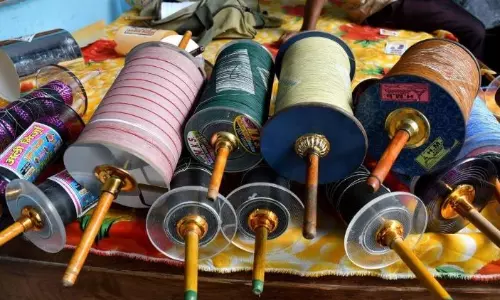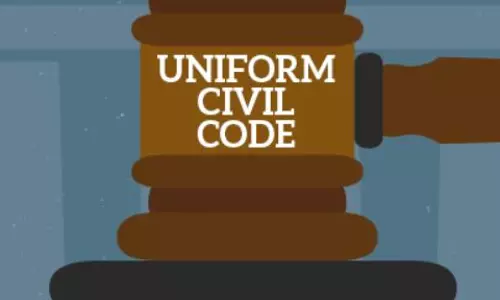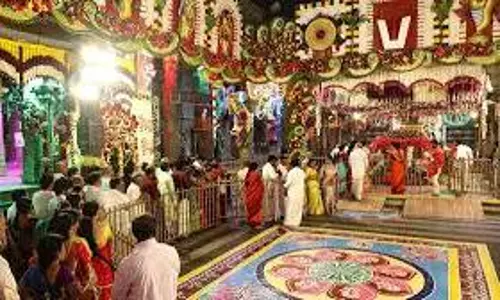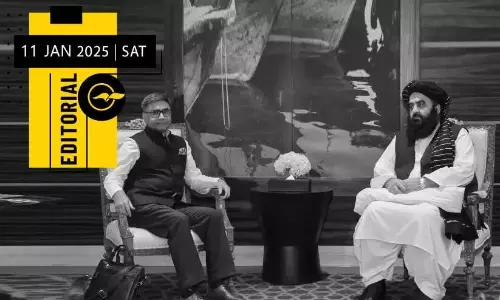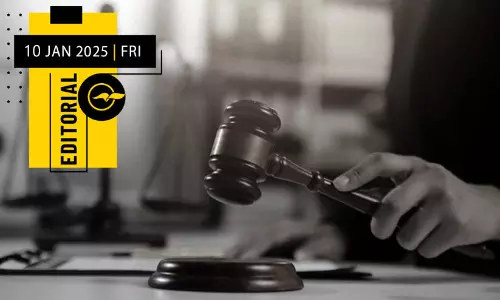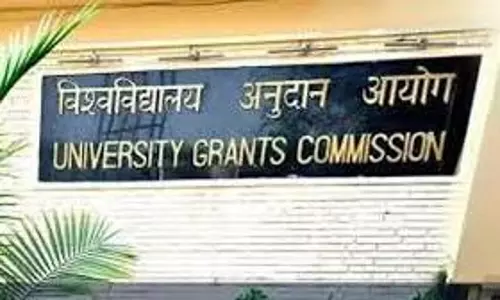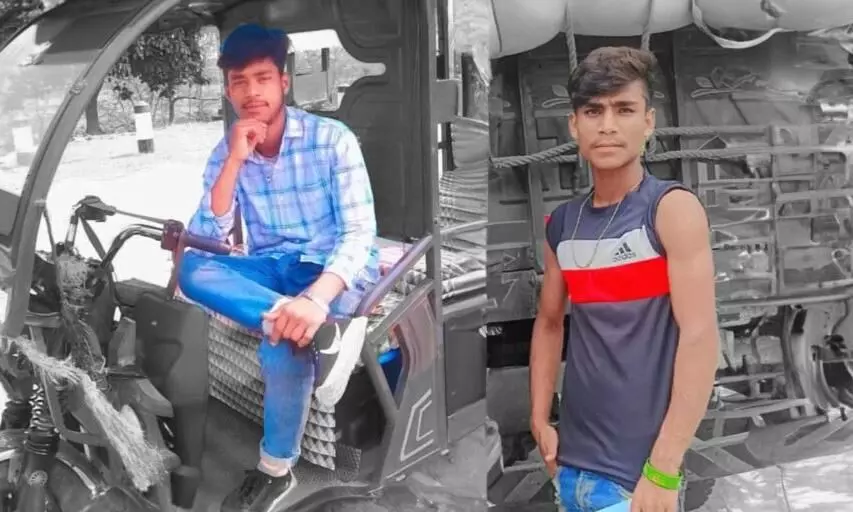
Eviction without resistance, police kill two teenagers a day later in Assam
text_fieldsCases have been widely reported of Muslim persecution ever since the BJP government under Himanta Biswa Sarma came to power, particularly of Bengal-origin Muslims, in Assam who settled in the villages decades ago. Apart from laws and the actions by forces aimed at subjugating the Muslim community in the state, several incidents of attacks on Bengal-origin Muslims have been reported, in which many victims of the community succumbed to police bullets.
The eviction drive on September 9 at Kachutali-1 and Kachutali-2, two villages situated on the banks of the Digaru River in Assam's Kamrup district and the subsequent incidents of tension, claimed the lives of young Bengali Muslims, PTI reported.
Officials were able to raze and demolish temporary settlements and makeshift tents without any resistance from the villagers, resulting in the eviction of around 240 houses and affecting hundreds of families in an area designated as a tribal belt, where only Scheduled Tribes are legally eligible to hold land titles, on the first day of the eviction drive.
However, by 12 September, tensions escalated significantly when officials returned to serve the displaced residents a two-hour deadline to vacate the land for good. The clash resulted in the deaths of two young men, Haidar Ali, 19, and Jubahir Ali, 18. In total, 33 people, including 22 police and government officials, sustained injuries during the confrontation.
While police maintained that the violence was a targeted attack by miscreants and that they had followed due process, the villagers accused the police of provoking the violence. They claimed that officials damaged their belongings, threw away food supplies, and polluted their primary water source.
These alleged provocations left the already displaced families feeling desperate, ultimately sparking the confrontation. Reports from the village suggested that many of the residents had not eaten for days and were struggling with limited resources, heightening tensions.
The ruling BJP, which came to power in 2016, has targeted Bengali-origin Muslims in such eviction drives, often labelling them as illegal immigrants from Bangladesh. This eviction marks the third time that Bengali-origin Muslims have been killed during protests against such actions.
The two young men who died in the violence were not directly involved in the clash, according to their families, scroll.in reported. Haidar Ali, who was the youngest of nine siblings, had been earning a living by driving an e-rickshaw. He was reportedly returning from a daily trip when he was caught in the crossfire. Similarly, Jubahir Ali, the second victim, was killed while approaching the scene of the gunfire, unarmed and unaware of the unfolding violence.
The deaths have caused an outpouring of grief and anger in the villages. Villagers accused the police of firing indiscriminately, while some survivors, like Ayesha Khatun, who was hit by a stray bullet, expressed shock at the excessive use of force, a report published on scroll.in said. This incident has intensified the feeling of alienation among the displaced residents, who claim they have the legal right to live on the land, despite the state’s designation of the area as a tribal belt.
For many villagers, this eviction was just the latest chapter in a long history of displacement and marginalisation. Several of the affected families had been living in the area for decades, with some residents claiming to have settled in Kachutali before India’s independence. These families had originally lived along the Brahmaputra River but were forced to relocate due to erosion. The remaining settlers, who arrived within the last 30-40 years, were also primarily displaced from other areas within Assam.
In the aftermath of the violence, the Assam Congress called for a high-level inquiry into the deaths, while opposition figures like Akhil Gogoi of the Rajjor Dal condemned the police action as state-sponsored violence. Meanwhile, Assam's Chief Minister Himanta Biswa Sarma defended the eviction drive, linking the displaced villagers to illegal immigration and reiterating the government's commitment to evict those he termed "suspected citizens."
The evictions in Kachutali are part of a broader pattern of land clearances under the BJP-led government in Assam. Since 2016, more than 10,620 families, a majority of them Muslims, have been removed from government land. However, only 630 families have received any form of rehabilitation, leaving thousands in a state of uncertainty.
These evictions have gained support from sections of the Assamese population, particularly nativist groups like the All Assam Tribal Sangha and Veer Lachit Sena, which view Bengali-origin Muslims as "illegal settlers" from Bangladesh.
Compounding the issue is the portrayal of these communities in the media and by government officials. Villagers expressed frustration at being labelled as illegal immigrants despite having documents to prove their citizenship.
Many of the residents had been included in the 2019 National Register of Citizens (NRC), which was intended to list all legitimate Indian citizens living in Assam. Yet, despite their inclusion in the NRC, they continue to face accusations of being illegal settlers, reinforcing the deep-rooted mistrust and marginalisation they endure.





